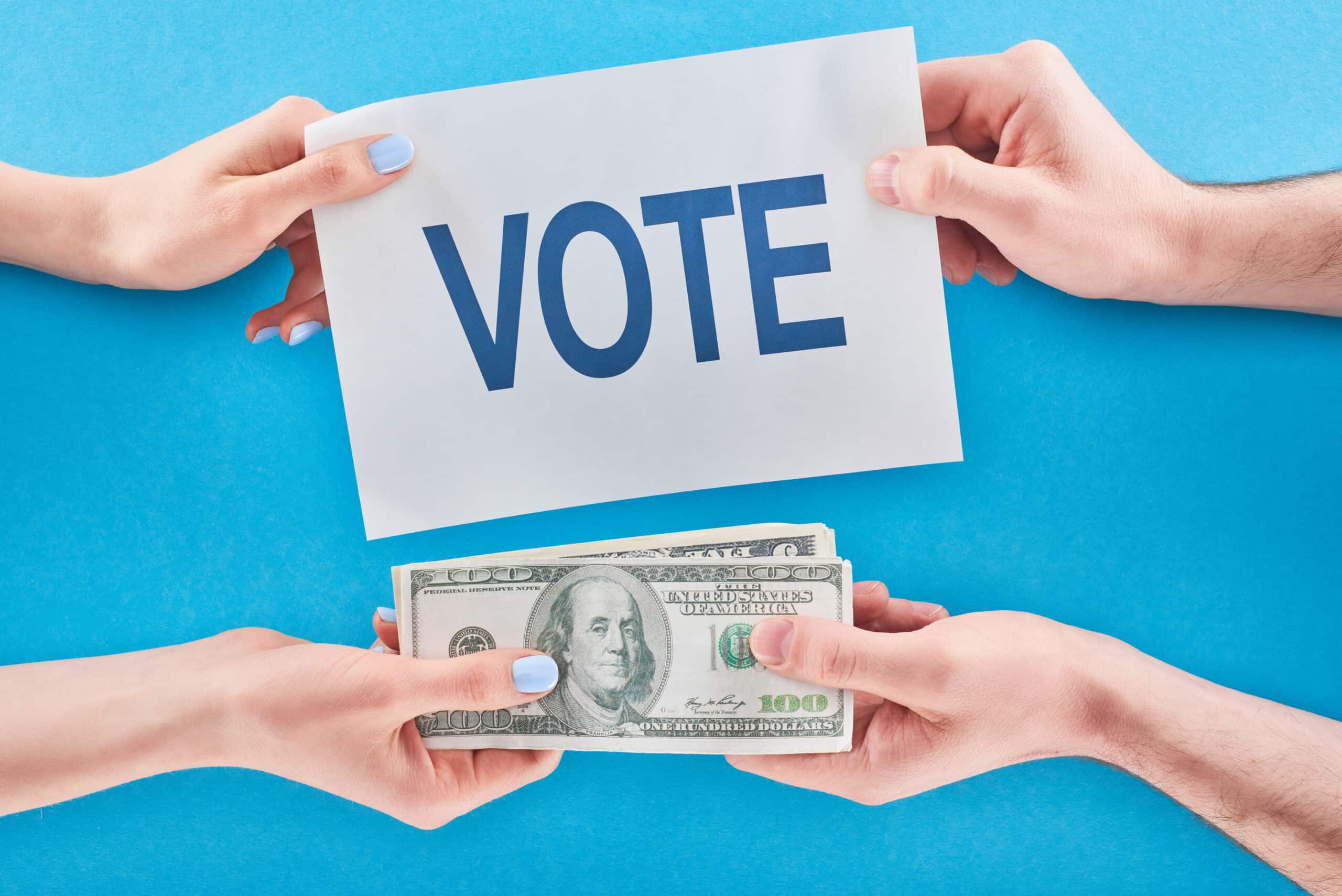The Federal Election Commission (FEC) regulates and enforces U.S. campaign finance laws but has not issued specific rules for influencer endorsements of political campaigns or candidates. Currently, the Federal Trade Commission (FTC) is the primary organization overseeing influencer campaigns and content. The FTC mandates that influencers follow disclosure guidelines when posting content for which they are compensated, and these requirements extend to political endorsements on social media. However, beyond these disclosure obligations, paid influencer endorsements for political campaigns are not subject to direct FEC regulations. As a result, this area remains a legal gray zone that Congress has yet to address.
How are political campaigns currently using influencers?
Political campaigns are increasingly utilizing influencers to reach more voters, particularly targeting Gen Z and non-English-speaking communities—both of which are crucial in tightly contested races. These groups are both crucial in swaying competitive races. Americans on average spend about two hours a day on social media, and consume extensive content created by influencers.
Influencers know their audiences and are able to speak to them persuasively, and their followers put trust in the influencers’ opinions. The use of influencers to spread campaign messages is also a more cost effective way to reach a large audience and create high engagement for the campaign. Additionally, using influencers to promote campaign messages allows the campaign to circumvent bans on political advertising on social media platforms such as Twitter, Tiktok, and Instagram.
FEC disclosures showed the Harris Campaign paid $1.9 million to Village Marketing Agency, a firm that books influencers. Additionally, in 2020 the Trump campaign paid $2.3 million to Legendary Campaigns solely for use in influencer marketing. Influencer marketing isn’t limited to presidential elections; it also plays a role in state and congressional races. Robert F. Kennedy Jr.’s campaign, for instance, spent over $350,000 on influencer promotions through Dysrupt LLC.
What is the current controversy regarding paying influencers to endorse campaigns?
While campaigns have benefited from influencer partnerships, some criticism has emerged. Influencers have received preferential treatment at campaign events, sparking concerns from journalists and reporters who argue that this undermines their professional credentials. Critics also warn that the absence of regulations around influencer content could lead to misinformation.
Supporters of influencer involvement argue that this strategy helps campaigns reach larger and more diverse audiences, particularly those less engaged with traditional media. Influencers offer access to campaign information to groups that might otherwise be overlooked, helping to democratize the flow of political messaging.


